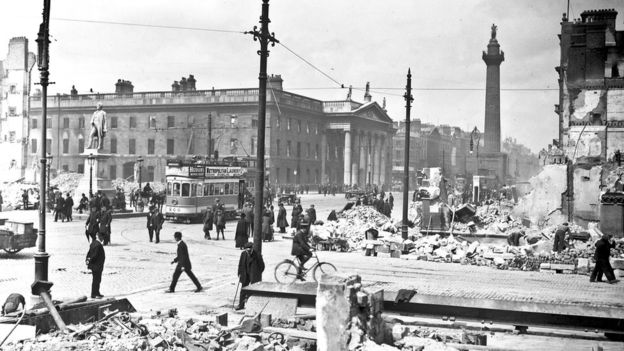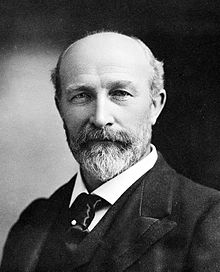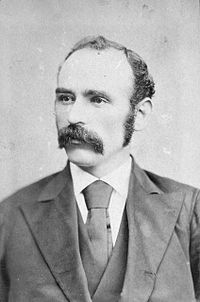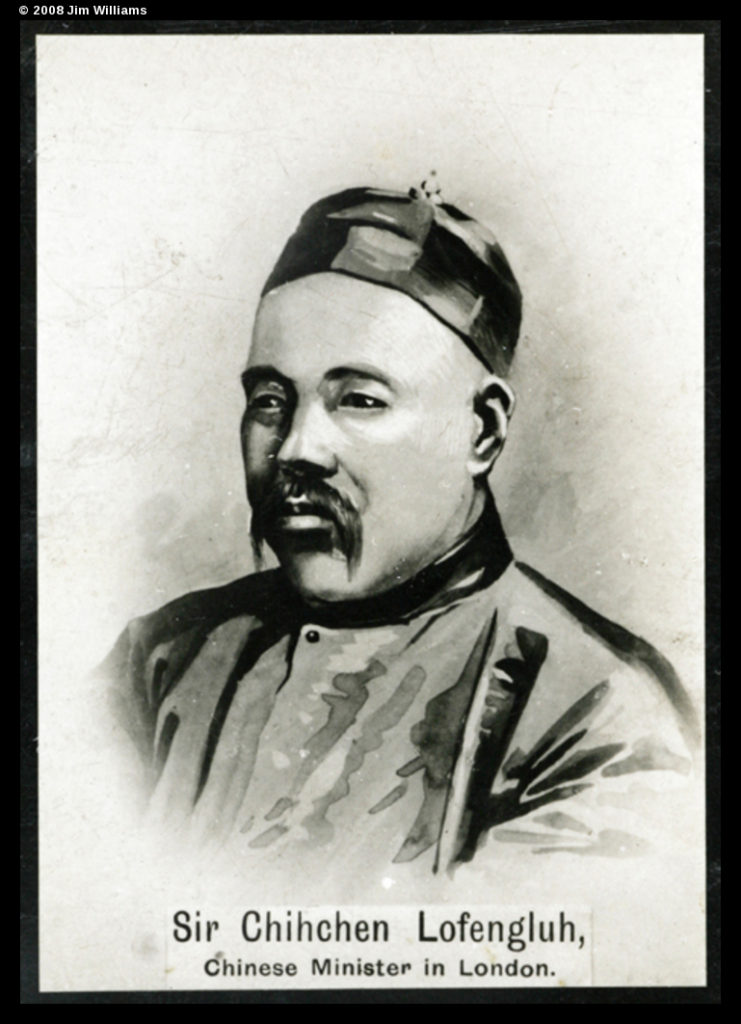Dr Sun Yat-sen Sesquicentennial 2016 – Sun Yat-sen & the Irish Easter Rising of 1916
Posted: November 15th, 2016 | 1 Comment »It’s Dr Sun Yat-sen’s sesquicentennial this week and sometimes it seems just about everything that could be said about Sun Yat-sen has been. However, maybe a more forgotten story – which links to the fact that as well as being Sun’s 150th birthday this year it was also the centenary of the 1916 East Rising in Ireland. Here’s how those two events link….
In 1911 China proclaimed itself a Republic, ending 267-years of the Qing Dynasty. The movement to create the republic was led by Sun Yat-sen. In 1916 a group of Irish Republicans launched an armed insurrection against British rule, what became the Easter Rising, and to declare an Irish Republic. This commenced on 24 April 1916 with the declaration of independence. The British army quickly suppressed the Rising, and its leaders agreed to an unconditional surrender on Saturday 29 April. Most of those leaders were subsequently executed following courts-martial, but the Rising succeeded in bringing physical force republicanism back to the forefront of Irish politics. Support for republicanism continued to rise in Ireland.
What Sun Yat-sen, then in Canton heading the provisional government, thought of the Irish Easter Uprising is not clearly known. Ireland features little in his letters and writings. Yet, there were links. One of those links was Roland (Rowland) J. Mulkern, an Irish Nationalist. In 1896, while in exile in London, Sun had been effectively kidnapped, by the Chinese Imperial Secret Service. He was detained at the Chinese Embassy on Portland Place where it was believed the agents of the Qing Dynasty planned to kill him. Thanks to efforts from his friend Dr James Cantile (below – Sun’s former teacher at the Hong Kong College of Medicine for Chinese), the Times newspaper and the British Foreign Office, Sun was eventually released after twelve days in captivity. The press reports surrounding his detainment made him a celebrity in Britain.
Around this time Sun became friends with Mulkern, who expressed his sympathy for Sun’s plight and support for the cause of Chinese republicanism. A former professional soldier and member of Sun’s Restoration Party, Mulkern acted as Sun’s bodyguard occasionally for a time as Sun continued to live in London.
Mulkern was descended from Anglo-Irish aristocracy though was to become a strong advocate for Sun and the Restoration Party and to be described as Sun’s “Agent†in London. He served as Secretary of the Friends of China Society in London. Sun had been kidnapped in London in part because he had been thrown out of Hong Kong, a British Crown Colony, where the governor (and the Foreign Office in London) feared that the colony could become a base for revolutionary activities. Yet, after Sun’s kidnapping, the Foreign Office had sought to intervene to secure his release – should Sun not have received the same support in Hong Kong? Writing to the London Standard Newspaper Mulkern asked, after Sun’s release, “If Sun had rights as a political refugee in England, does he lose those rights in an English Crown Colony?â€
Mulkern’s letter led to questions in Parliament. Born in County Mayo during the Famine, Michael Davitt (below) was an Irish republican and founder of the Irish National Land League, a labour leader and a Home Rule politicians and MP for County Meath. Davitt had been a close ally of Parnell until the scandal around Parnell’s divorce led them to become bitter enemies. In Parliament Davitt asked for the specific reasons Sun had been banished from Hong Kong. The Colonial Office found it had no good cause and appeared confused by the events surrounding Sun’s removal from Hong Kong. They referred back to the Governor and then admitted that the evidence was flimsy for deportation, that he had not been convicted of any offense in the Colony and that the Colonial Office itself did not know whether or not the banishment order was still in force. Red faces all round.
The Chinese Embassy in London followed the events and the newly arrived minister, Lo Feng-lu (BTW: Kenneth Lo, who many in Britain will know for his cookery programmes was Minster Lo’s grandson), asked the government not to revoke the order. Davitt kept up the pressure but the Colonial Office appeared to be unable to get any more information from Hong Kong. In the end Chamberlain fudged the whole thing and Sun remained banished.
Still Mulkern and Davitt established a committee in London which would highlight the Chinese reform agenda and work to prevent any “unjust intervention†by Britain in the event of a republican uprising in China. Davitt and Mulkern communicated in a code calling Sun “John†and referring to Hong Kong as “Monaco†etc to avoid detection. Sun certainly regarded Davitt as an ally to the Chinese cause and Davitt indicated to Sun, in 1899, that he was considering a trip to both China and Japan (though never did eventually).
Mulkern remained close to Sun and was to surface in China later and be present at the Huizhou Uprising in October 1900. This uprising in Guangdong was a failure despite support from the local triads. Mulkern made it back to England, living at Clarendon Road in Holland Park, after the failed uprising. In 1904 he wrote to various newspapers, including The Straits Times in Singapore to protest Sun’s problems with entering San Francisco and the Chinese Exclusions Acts. He was described as an “honorary member†of Sun’s “Reform Partyâ€. It seems Mulkern did live long enough to see the Chinese Republic formed; he died in 1918 in London.





I work at the museum in the west of Ireland which is dedicated to promoting an appreciation of the life and career of Michael Davitt. We would be most interested in finding out more about Michael Davitt’s connection with Dr. Sun Yat-sen. Davitt helped publicise many instances of injustice and his involvement with the committee with Mulkern would have very much in character.